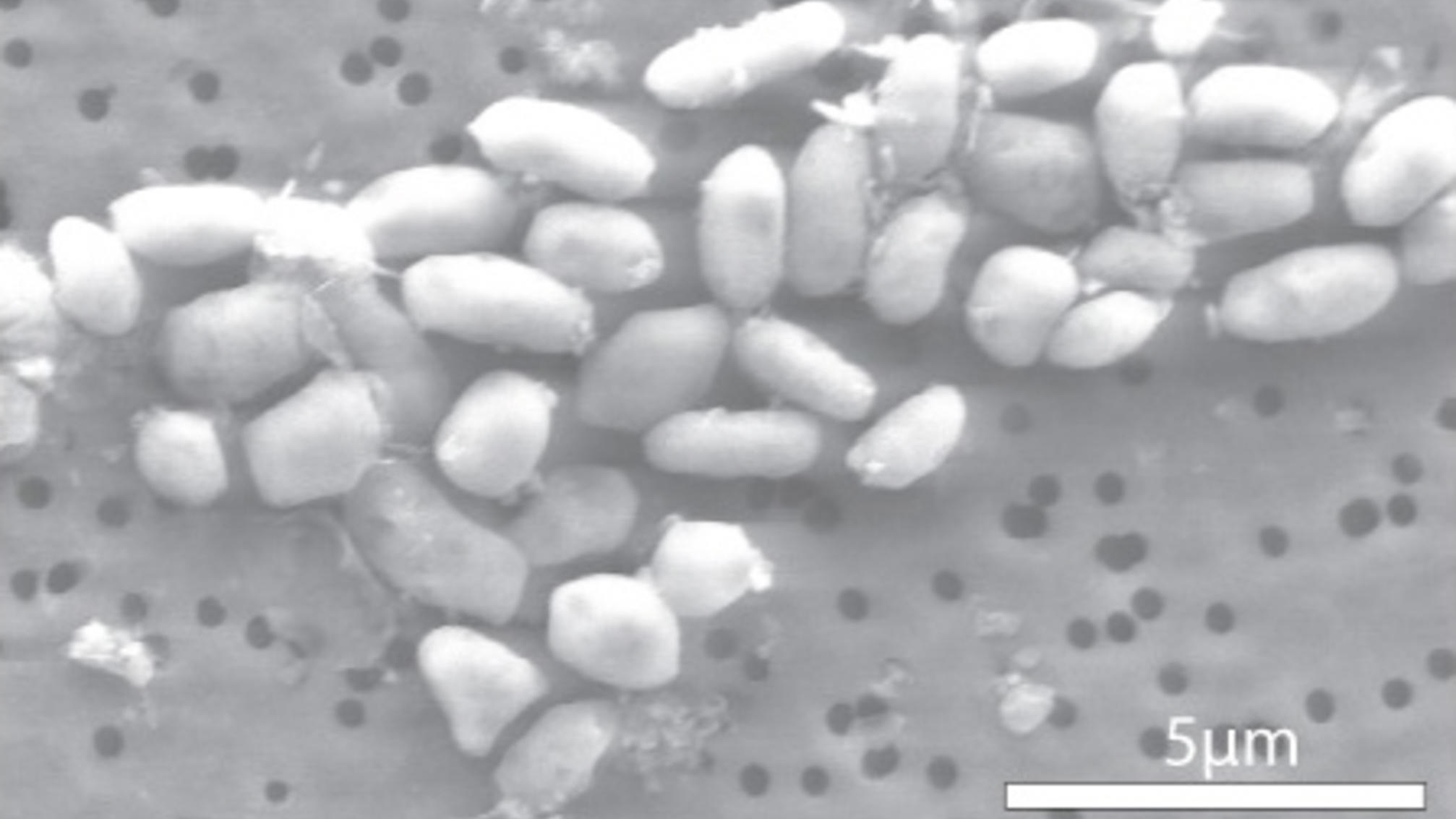After 15 years of debate, a study that announced the alleged discovery of an arsenic-eating microbe has been retracted by the journal Science due to contaminated and flawed data. However, the original study authors disagree with the move.
The microbe strain, labeled GFAJ-1, was recovered from the salty water of arsenic-rich Mono Lake in California by a research team led by Felisa Wolfe-Simon of NASA’s Astrobiology Institute.
Wolfe-Simon and colleagues grew GFAJ-1 in petri dishes while replacing phosphorus — a crucial component of DNA — with arsenic, which is usually highly toxic to living organisms, they reported. The team published their findings in the journal Science in 2010.
Before the paper came out, NASA hyped the finding by telling the media it would hold a news conference “to discuss an astrobiology finding that will impact the search for evidence of extraterrestrial life.” Soon after, the GFAJ-1 microbe discovery quickly went viral, and it was hailed as a breakthrough in astrobiology. It upended biologists’ understanding of the basic requirements for life, ostensibly proving that “arsenic life” was possible.
“What we’ve found is a microbe doing something new — building parts of itself out of arsenic,” Wolfe-Simon said in a 2010 NASA statement. “If something here on Earth can do something so unexpected, what else can life do that we haven’t seen yet?”
But critiques of the study quickly flowed in, and by the time Science published the paper in a 2011 print issue, the original study was accompanied by eight technical comments from outside experts pointing out key scientific flaws in the methods and interpretations.
Related: What’s the best evidence we’ve found for alien life?

In 2012, two studies published in Science tried to replicate the arsenic-eating findings of Wolfe-Simon and colleagues. Both studies determined that GFAJ-1 could tolerate high levels of arsenic but could not use it instead of phosphorus as a building block for life.
Although the controversial “arsenic life” study was never replicated, it was not retracted because there was no deliberate fraud or misconduct. But in the past five years, Science has begun retracting papers for reasons other than fraud and misconduct. On Thursday (July 24), Science decided to officially retract the study by Wolfe-Simon and colleagues.
“One of the Technical Comments had pointed out that the nucleic acids that were analyzed were not sufficiently purified,” Valda Vinson, executive editor of the Science journals, and Holden Thorp, editor-in-chief of the Science journals, wrote in a blog post. “Given the evidence that the results were based on contamination, Science believes that the key conclusion of the paper is based on flawed data.”
The study’s authors, however, do not support the retraction.
“Disputes about the conclusions of papers, including how well they are supported by the available evidence, are a normal part of the process of science,” they wrote in an eLetter, also published Thursday. “While our work could have been written and discussed more thoroughly, we stand by the data as reported.”
